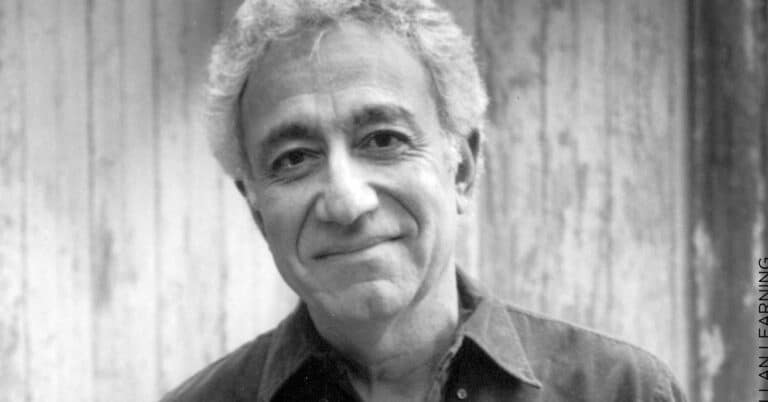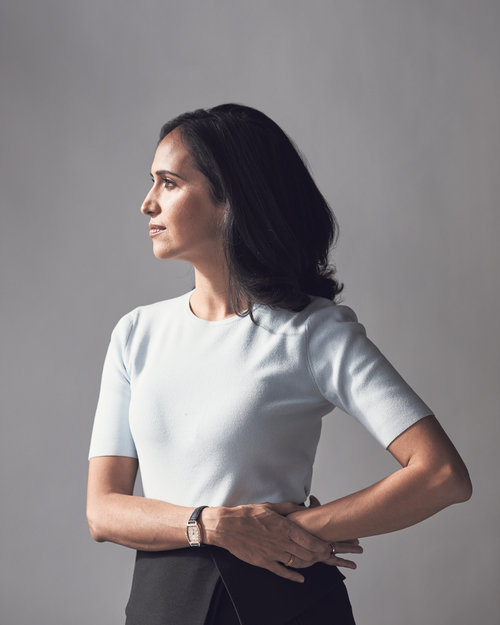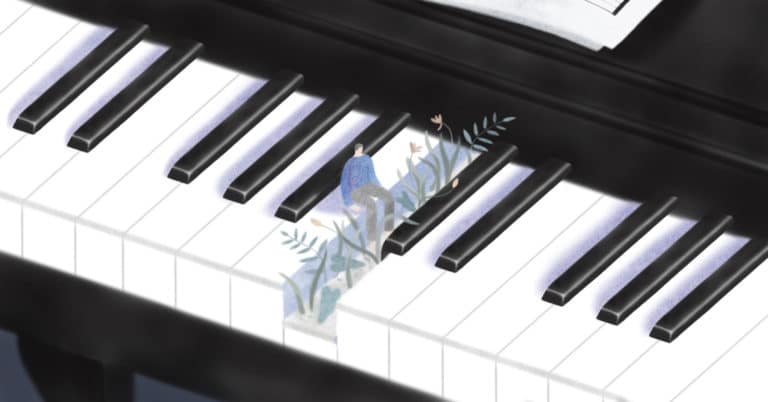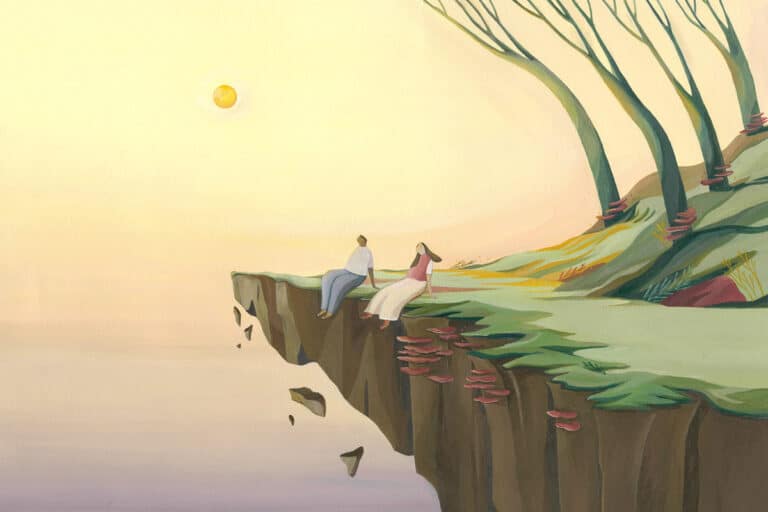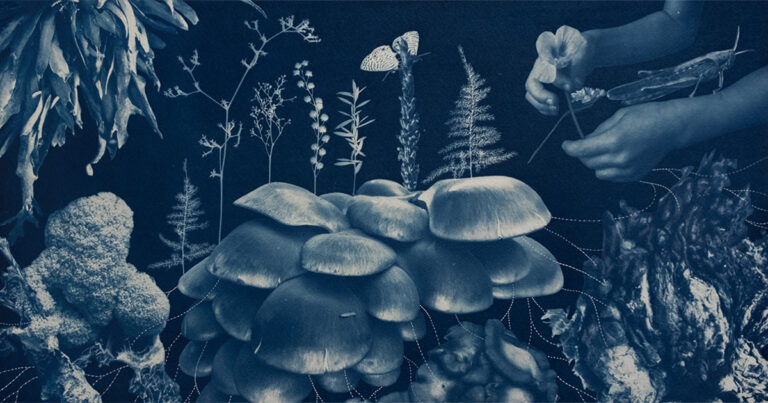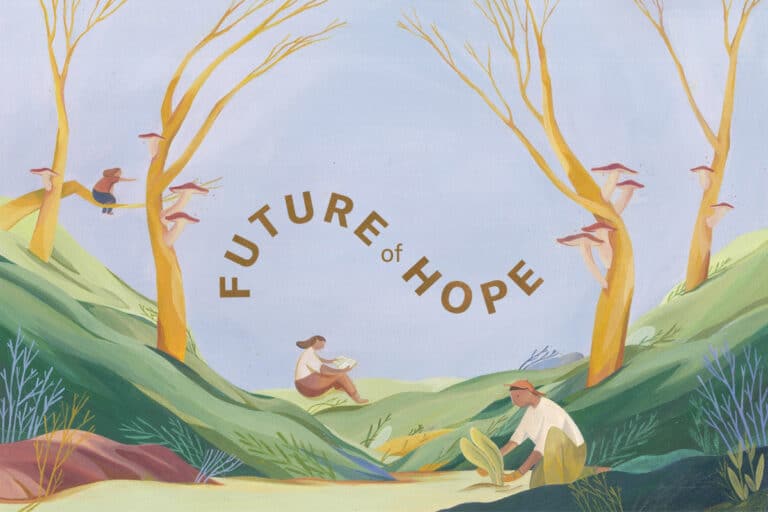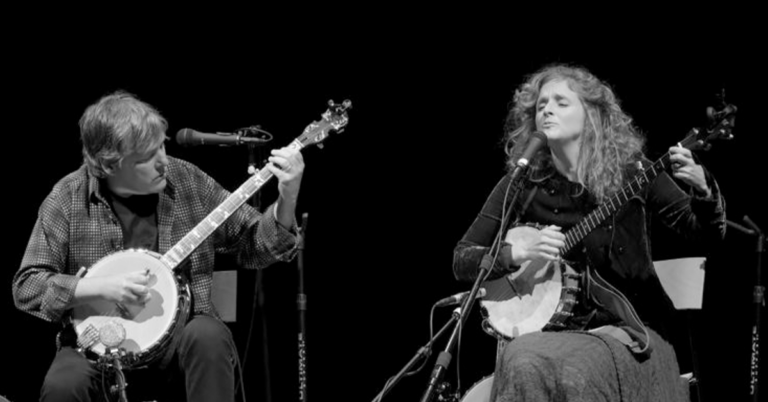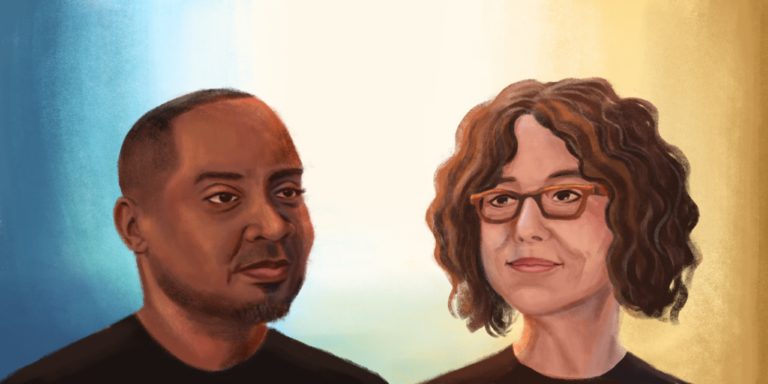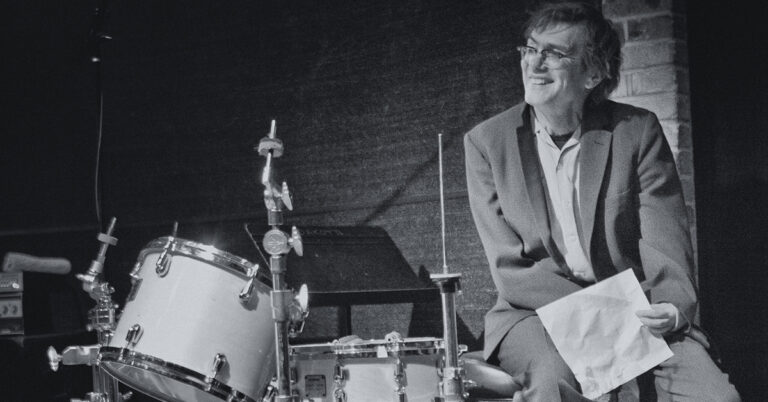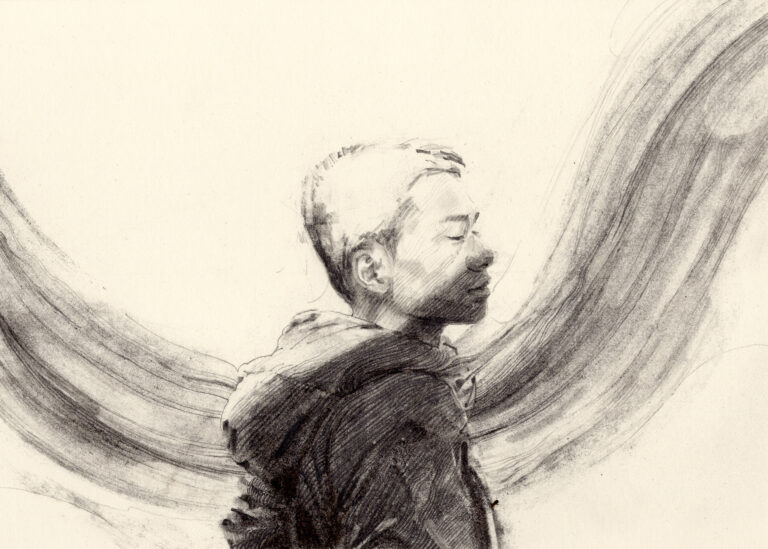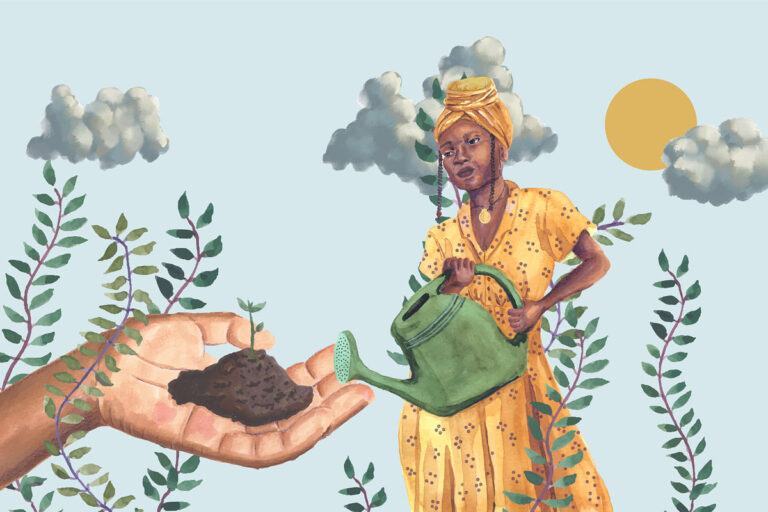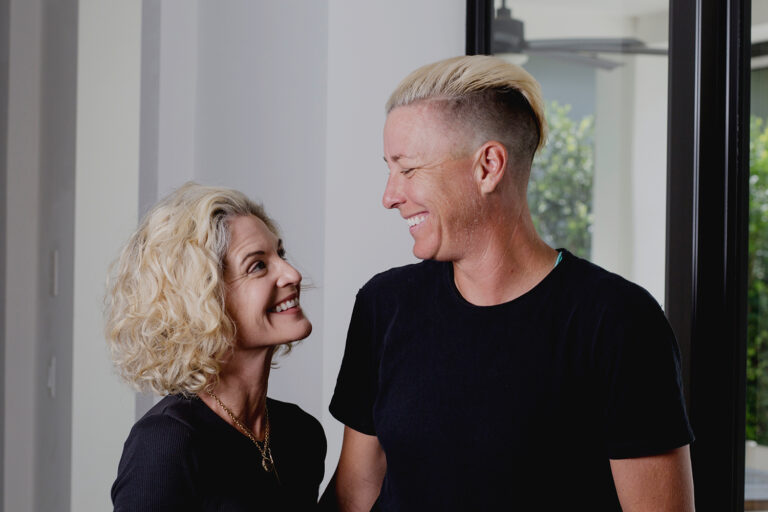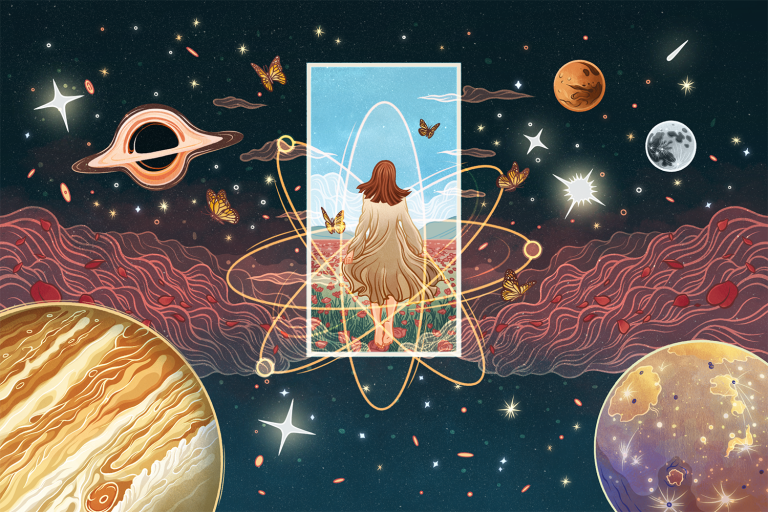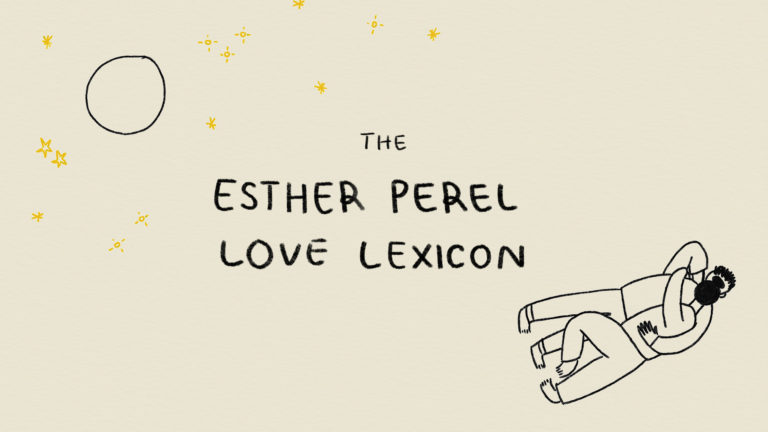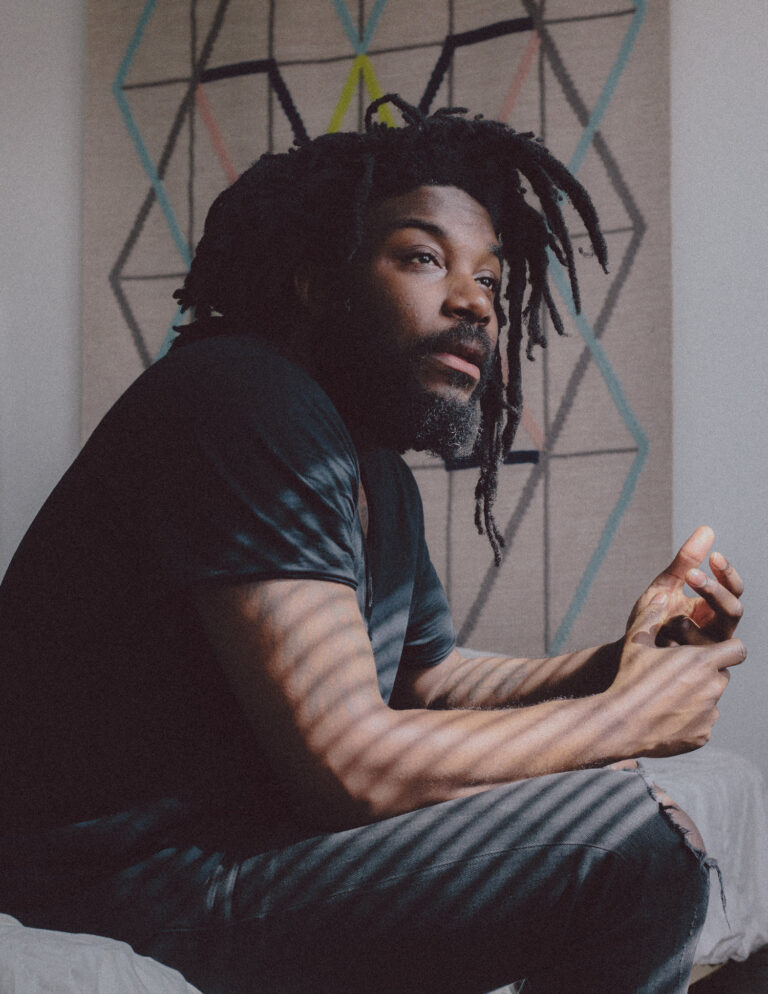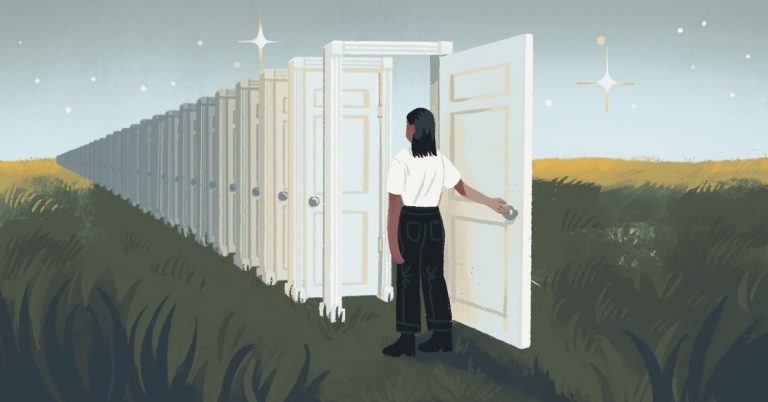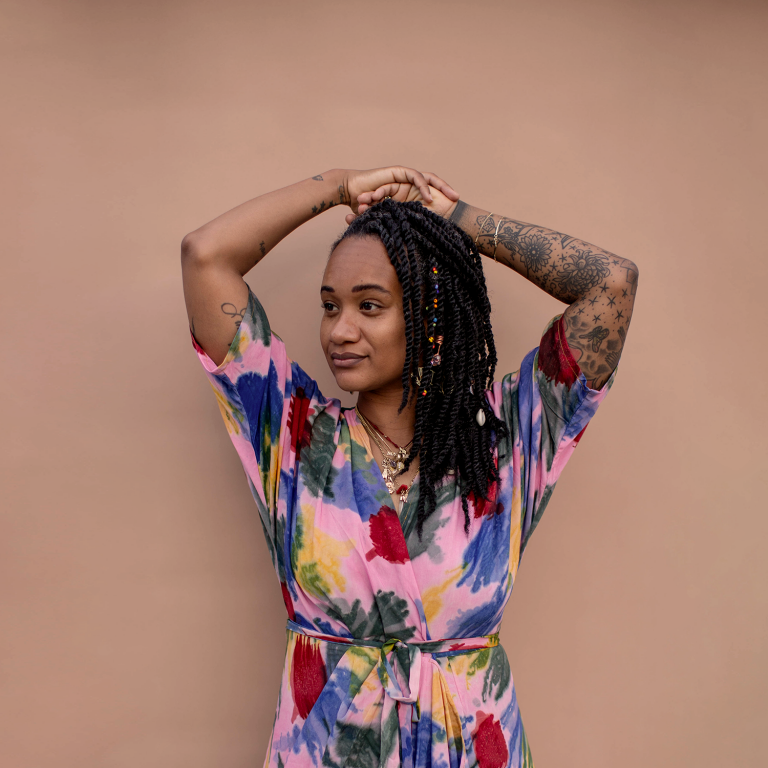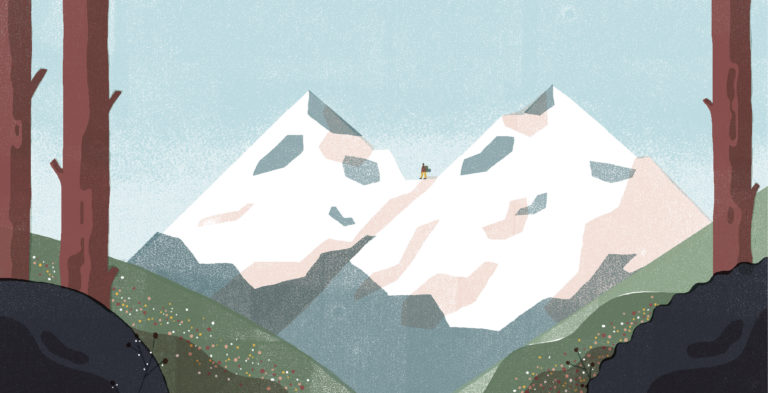October 7, 2021
Mike Rose
The Deepest Meanings of Intelligence and Vocation
“I grew up a witness,” Mike Rose wrote, “to the intelligence of the waitress in motion, the reflective welder, the strategy of the guy on the assembly line. This then is something I know: the thought it takes to do physical work.” Mike Rose died in August, yet the particular way he saw the world resonates more than ever before as our debates about the future of school and work only intensify. He argued with care and eloquence that we risk too narrow a view of the way the physical, the human, and the cognitive blend in all kinds of learning and in all kinds of labor. Mike Rose’s intelligence would enlarge our civic imagination on big subjects at the heart of who we are — schooling, social class, and the deepest meaning of vocation.






